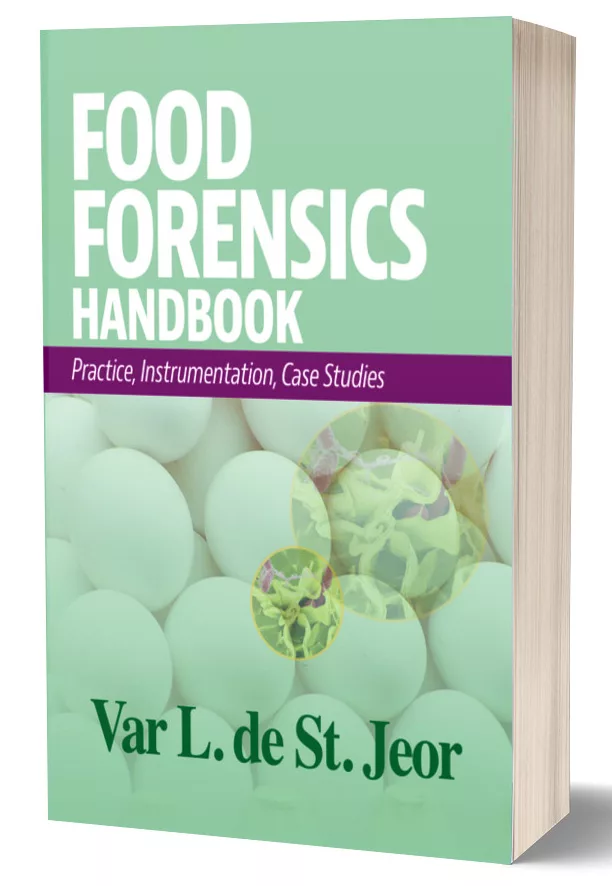Family of 5-Year-Old Awarded $6.5 Million in Salmonella Chicken Case

Earlier this month, an Arizona federal court awarded a family $6.5 million (gross amount) as compensation for a foodborne illness case.
Parties Involved
A family and their 5-year-old child (plaintiff)
vs.
Foster Poultry Farms (defendant)
The Problem
The child suffered an internal brain injury as the result of a Salmonella Heidelberg infection, reportedly caused by eating chicken produced by Foster Farms. An outbreak was investigated by the U.S. Centers for Disease Control and Prevention in 2014.
The Plaintiff’s/Family’s Argument
Evidence was produced proving that the presence of Salmonella Heidelberg at Foster Farms was the norm, including the exact strain that sickened the child. Also, a history of negligence was apparent due to other foodborne illness outbreaks that Foster Farms had been connected to. In this particular Salmonella Heidelberg outbreak, 639 people from 29 states were sickened from March 1, 2013 to July 11, 2014, according to the CDC.
Foster Farms' Argument
The poultry producer argued that because Salmonella in raw chicken is naturally occurring, they should not be held liable for its presence in the meat they produce, nor for the child’s injury. Also, Foster Farms asserted that there was no proof (in the form of receipts, store records, etc.) that the family had ever purchased Foster Farms chicken.
Amount Awarded (Gross vs. Net)
A total of $6.5 million was awarded due to Foster Farms’ negligence in producing contaminated meat that was scientifically proven (via epidemiological and microbiological evidence) to be directly related to the child’s brain damage. However, the jury concluded that while Foster Farms was 30 percent at fault, the family of the child was 70 percent at fault due to their improper preparation of the chicken in question. As a result, the net amount awarded to the family is $1.95 million.
Looking for quick answers on food safety topics?
Try Ask FSM, our new smart AI search tool.
Ask FSM →
Why and How This Case Sets a Precedent
Eric Hageman, the lead trial attorney, says, “Traditionally, Foster Farms and other poultry producers have argued that they are under absolutely no obligation to address even pervasive Salmonella contamination. The jury, in this case, said enough is enough. Clean up your act.” The jury’s verdict, Hageman said, “showed that Foster Farms cannot simply hide behind USDA ‘approval’ of its chicken” and was “a rejection of the argument that poultry companies can produce a contaminated product and then blame consumers who get sick from eating it.”
Now, poultry producers can be held liable for contaminated meat they produce, despite the fact that the U.S. Department of Agriculture (USDA) does not necessarily consider Salmonella an “adulterant” in raw chicken. The outcome of this case is the first ever of its kind, specifically for the poultry industry.
More on the case:
Pritzker Hagman Wins $6.5 Million Verdict Landmark
Landmark Salmonella Lawsuit Yields $6.5 Million Verdict






